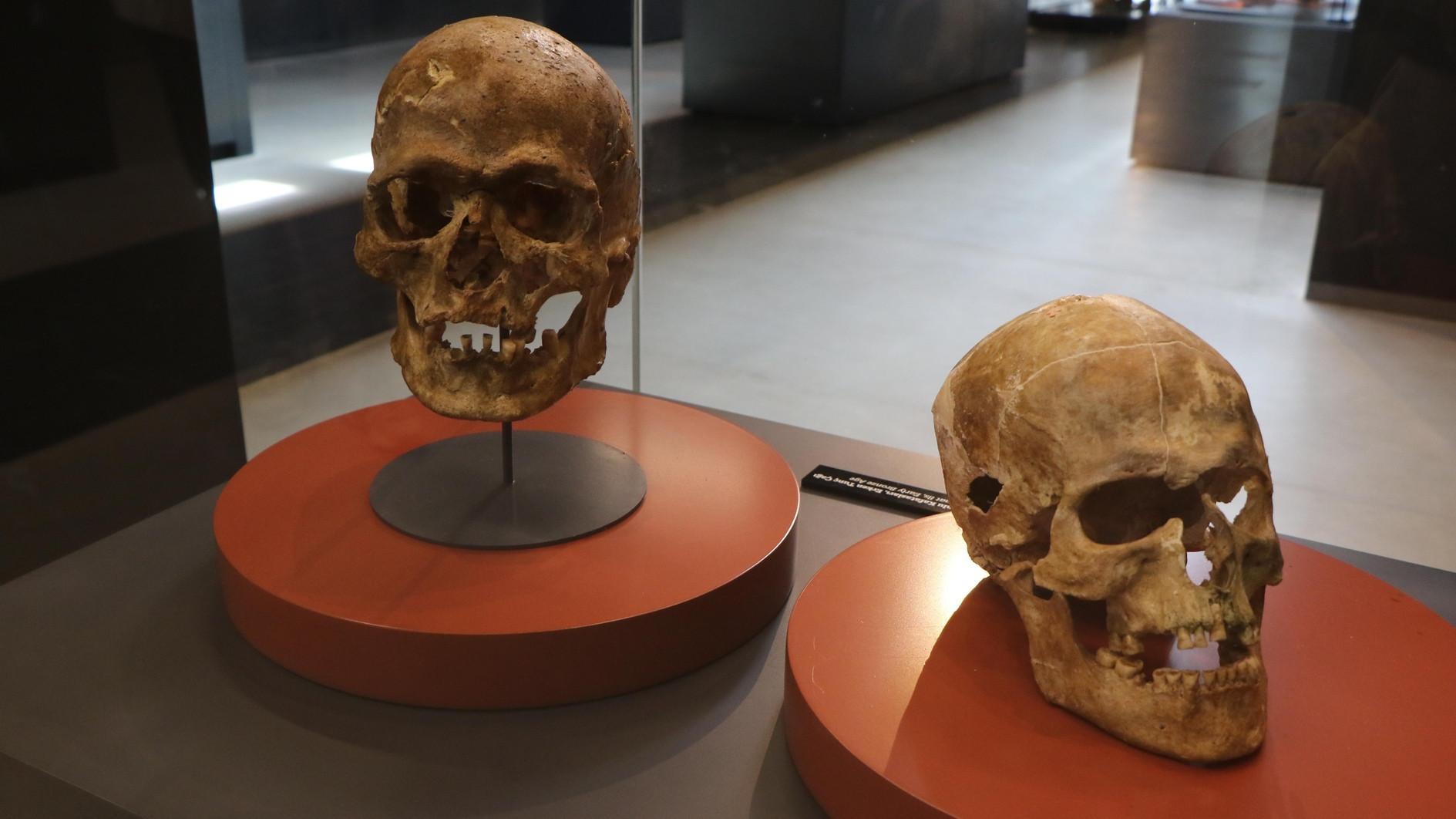The mother of Turkey’s “tutelage” tradition
It was the mother of republican Turkey’s many bad habits. It was 55 years ago this week when some officers staged a coup against the elected, ever-strong Democrat Party (DP) government of the country, overthrowing an obsessively majoritarian mentality, but at the same time setting precedence for a “tradition of military interventions” and laying down the foundations of a military tutelage. For more than 20 years, up until another coup in 1980, May 27 was marked in this country as official “Constitution and Liberty Day.” Members of the 1960 junta - excluding those 14 ultra-nationalist names eliminated a while later by their comrades in arms - were “lifetime senators” with full judicial immunity, again until the 1980 coup.
Particularly after the elimination of the Group of 14 - led by ultranationalist then Colonel Alparslan Türkeş, who later became the legendary leader of nationalist politics in this country, the coup took a leftist flavor and produced the most liberal and indeed democratic constitution this country ever had. Apart from setting a precedence for post-republican coup tradition - which hopefully has come to an end - the worst product of the 1960 coup was the unfortunate sentencing at an extraordinary court and subsequent September 1961 hangings of Prime Minister Adnan Menderes, Finance Minister Hasan Polatkan and Foreign Minister Fatin Rüştü Zorlu.
Yet, it was not just because of the unfortunate hangings of Menderes, Polatkan and Zorlu that on the 55th anniversary of the 1960 coup almost everyone in this country remembered once again how the country moved inch by inch to that calamity, and why it could not be prevented. The DP government, in the firm belief that having an overwhelming parliamentary majority empowered itself to undertake everything in any fashion it considered appropriate, had developed an awkward majoritarian understanding. Since it possessed the majority in parliament, the DP had assumed that under the “absolute supremacy of the will of the nation” principle, it had the absolute power to “enhance democracy” in the country and “domesticate” all institutions, including the higher judiciary, the main opposition, the late İsmet İnönü-led Republican People’s Party (CHP), and the critical media, and the right to expect everyone to have allegiance and relations with that majority government.
The gross censorship imposed on the media, newsmen banished to prisons, the parliamentary investigation commission established to judge the opposition deputies, the dismissal of some 12 top judges of the Court of Appeals or remarks by Prime Minister Menderes that the DP was so strong and the national will was so supreme that should the DP deputies decide they can even reintroduce sharia, or Islamic law, in Turkey, or it was so strong and powerful that even if it nominated a piece of wood, the nation would elect that piece of wood to parliament as a deputy might be just few examples of the “democracy” understanding of the DP government (which unfortunately might not be so alien to democracy-aware people of today’s Turkey either).
“The will of the nation is supreme. As representatives of the people, we represent the will of the people. Who comes first, the appointed or the elected? We have to democratize the Court of Appeals,” was the understanding of the time. There was no effort to “democratize” the Constitutional Court, as the high court was introduced with the 1960 constitution, and there was no need to “democratize” the Judges and Prosecutors High Board, or HSYK, because the Justice Ministry was already strong enough at the time to make all appointments, replacements and promotions of judges and prosecutors itself.
As regards to press freedom, writers of the critical media were under immense censorship pressure, most of them behind bars, while there was a breast-fed media, glorifying the DP government’s undertakings and praising the gigantic strides in the country towards “enhanced democracy.”
Yet, even though it removed from power a repressive DP government trying to reinforce an autocracy, or a civilian dictatorship, in this country, and even though it produced the best-ever constitution in this country, introducing the Constitutional Court and reaffirming the separation of powers principle, everyone with some degree of respect to democracy must anathematize the 1960 coup, as well as all other consequent extraordinary interferences in democratic governance in this country.
If for nothing else, just because it set a precedence of military coups and made people fed up with gross violations of the founding principles of the republic, corruption, nepotism and consolidation of autocracy rather than becoming an organized civil society standing firmly against such developments impacting democracy, the 1960 coup must be condemned.
Hopefully, the era of military coups has come to an end in Turkey and this country will start developing the ability to get rid of governments with majoritarian and autocratic tendencies which are incompatible with the fundamental notion of democracy through democratic methods, at the ballot box.











